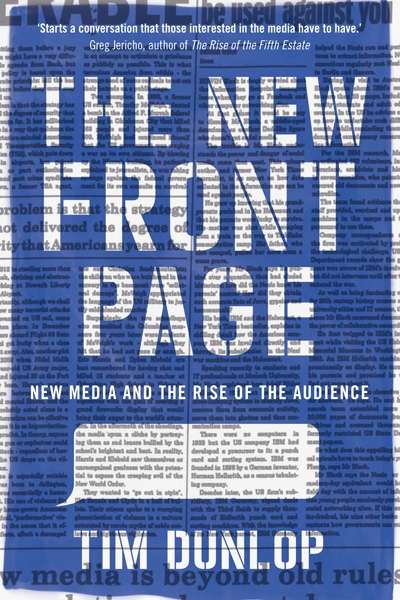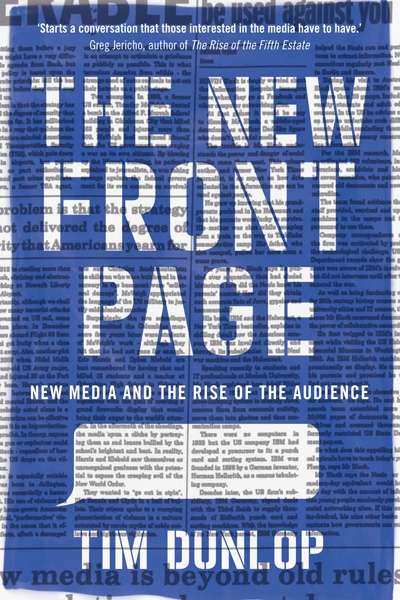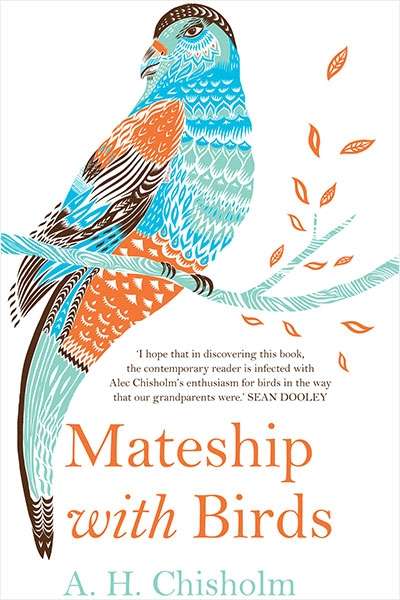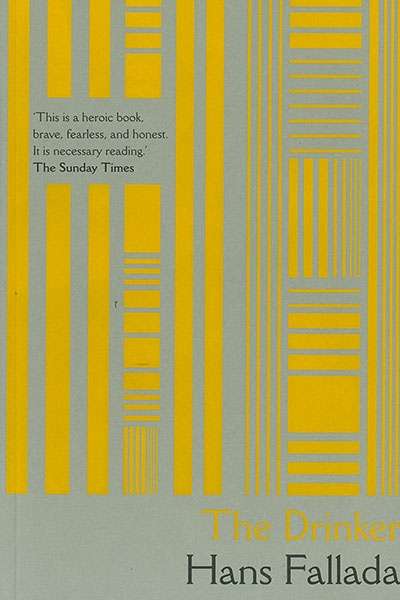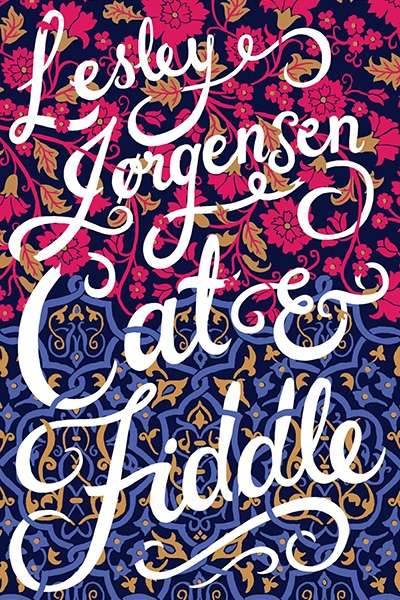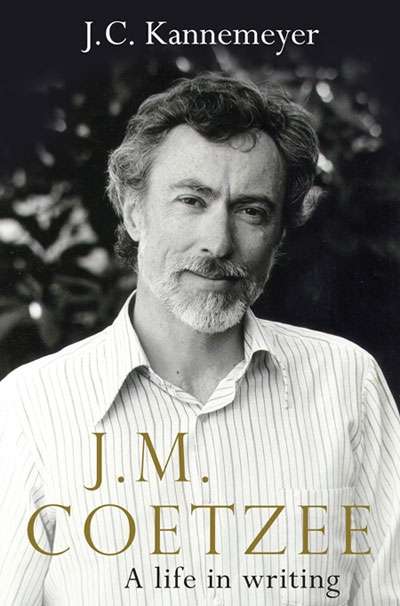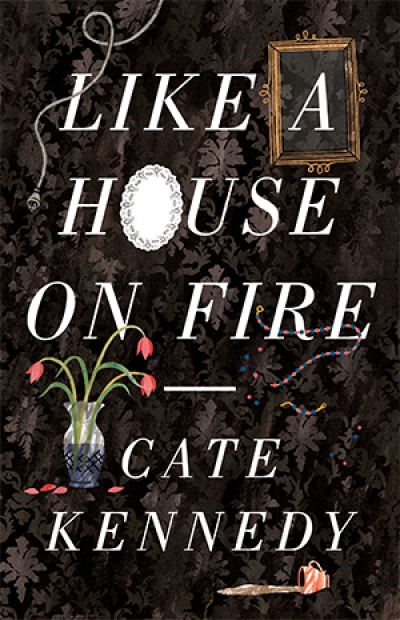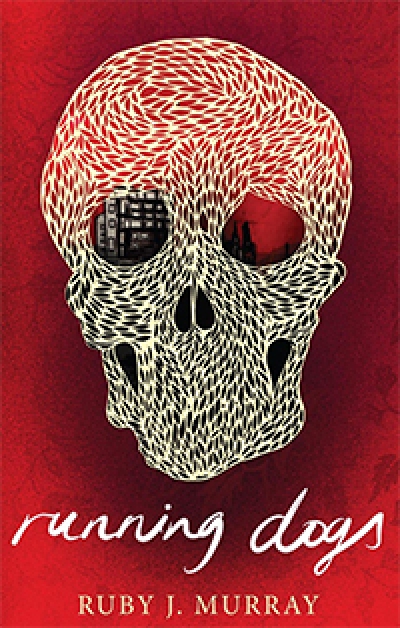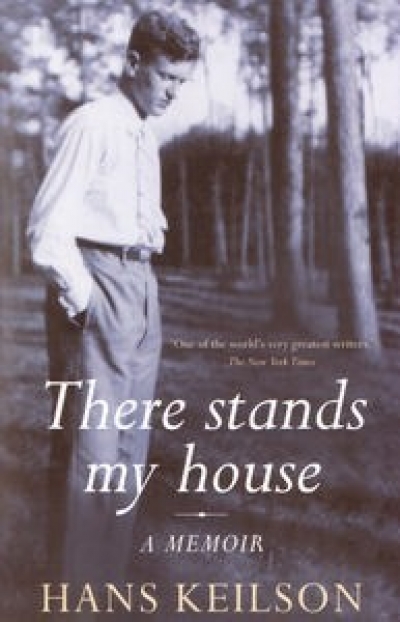Scribe
The New Front Page: New Media and the Rise of the Audience by Tim Dunlop
by Gillian Terzis •
The New Front Page: New Media and the Rise of the Audience by Tim Dunlop
by Gillian Terzis •
The Drinker by Hans Fallada, translated by Charlotte Lloyd and A.L. Lloyd
by William Heyward •
J.M. Coetzee: A Life in Writing by J.C. Kannemeyer, translated by Michiel Heyns
by Gillian Dooley •

